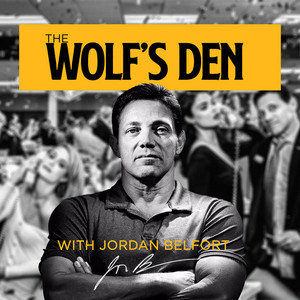The Washington Post: Why Texas is Spending Millions to Research an Illegal Psychedelic
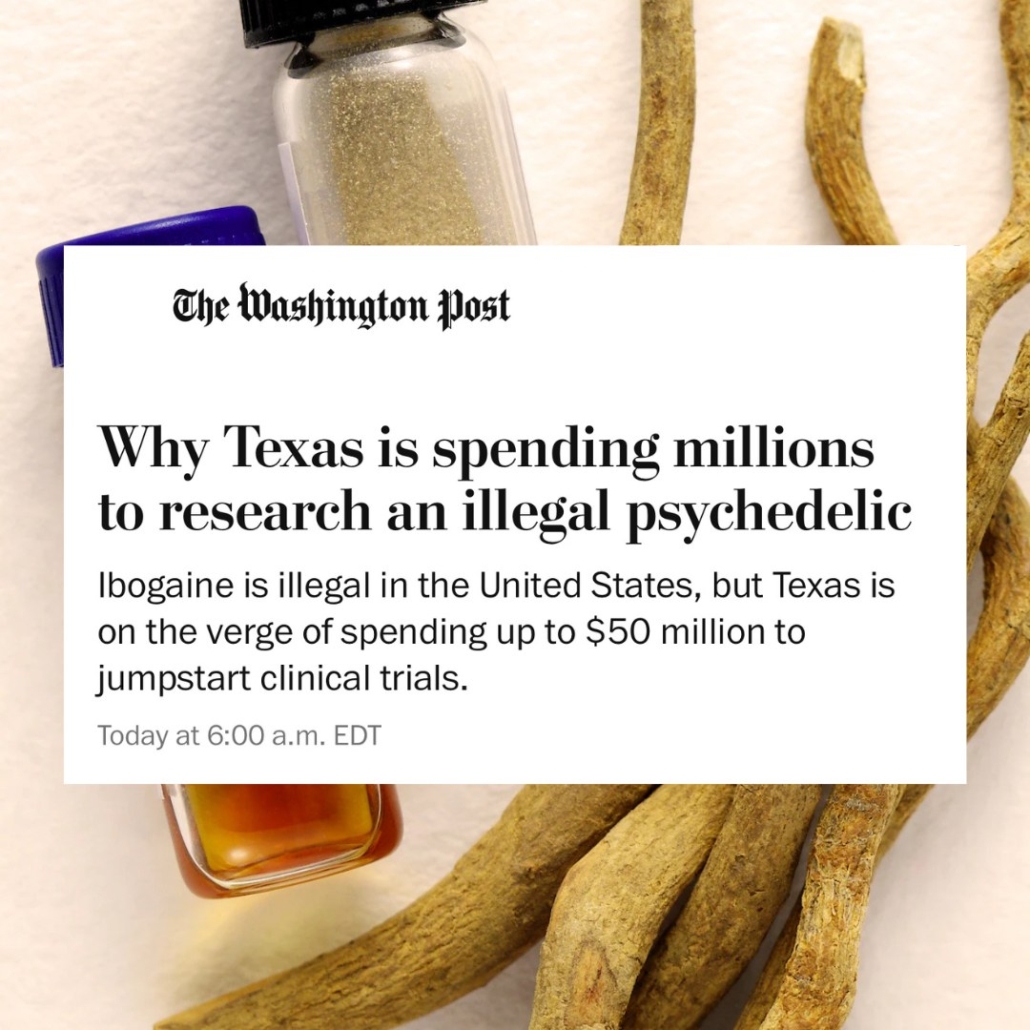
We’re honored to be featured in The Washington Post’s in-depth reporting on why Texas is investing in ibogaine research. The article highlights the growing national momentum behind ibogaine as a breakthrough treatment for addiction and trauma—and includes commentary from Beond CEO & co-founder Tom Feegel on the need for medically guided, patient-centered innovation in behavioral […]
Reconnecting Through Ibogaine: Insights from Beond’s Founders on The New Health Club Podcast
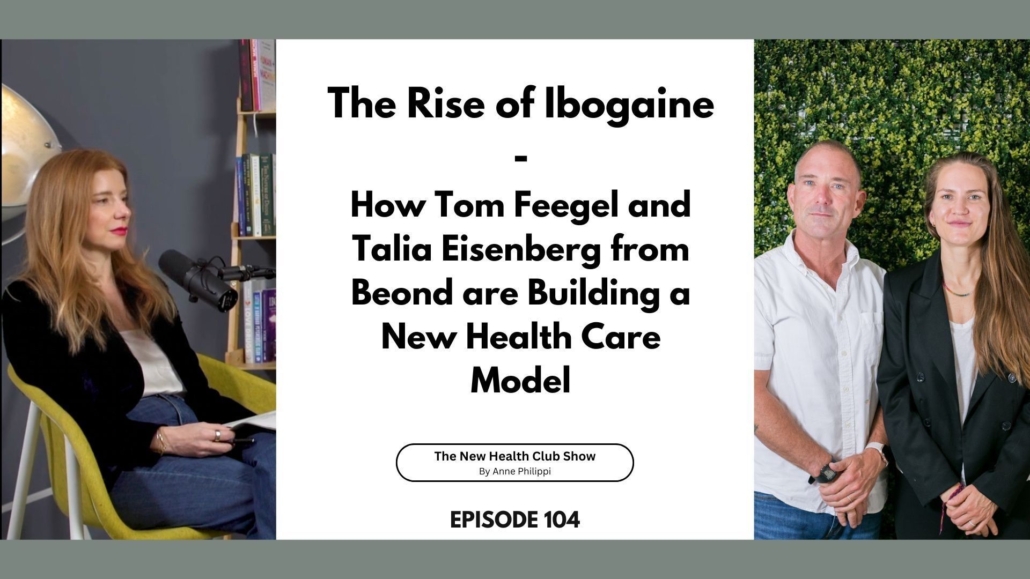
Addiction isn’t just about substances. It’s about disconnection, from self, from others, from something greater. In this conversation on The New Health Club podcast, Beond co-founders Tom Feegel and Talia Eisenberg share how psychedelics like ibogaine help us reconnect. To our inner truth. To each other. To the parts of us we thought were lost. […]
The Future of Ibogaine in the U.S.
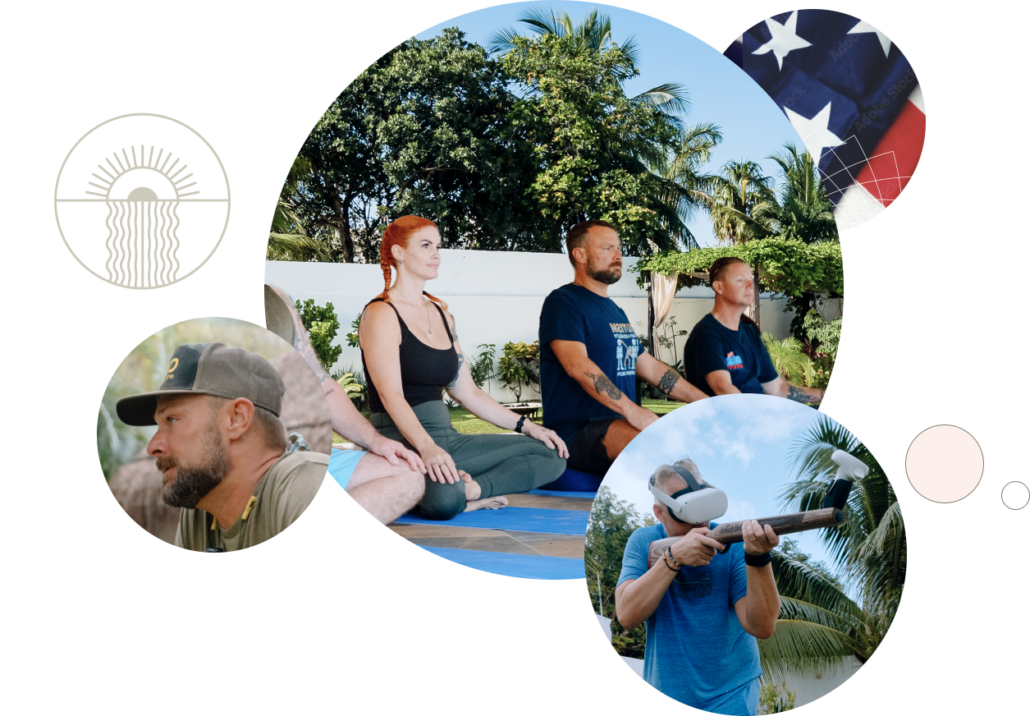
Beond’s co-founder, Tom Feegel, is in Austin, Texas, standing alongside Beond Service alumni and veteran advocates to support HB 3717, a groundbreaking bill introduced by Rep. Cody Harris. This legislation seeks $50 million in state funding for FDA-approved clinical trials of ibogaine, a potential game-changer for PTSD, traumatic brain injury (TBI), opioid use disorder, and […]
The Healing Power of Ibogaine & The Frequency of Love: A Conversation with Beond CEO Tom Feegel
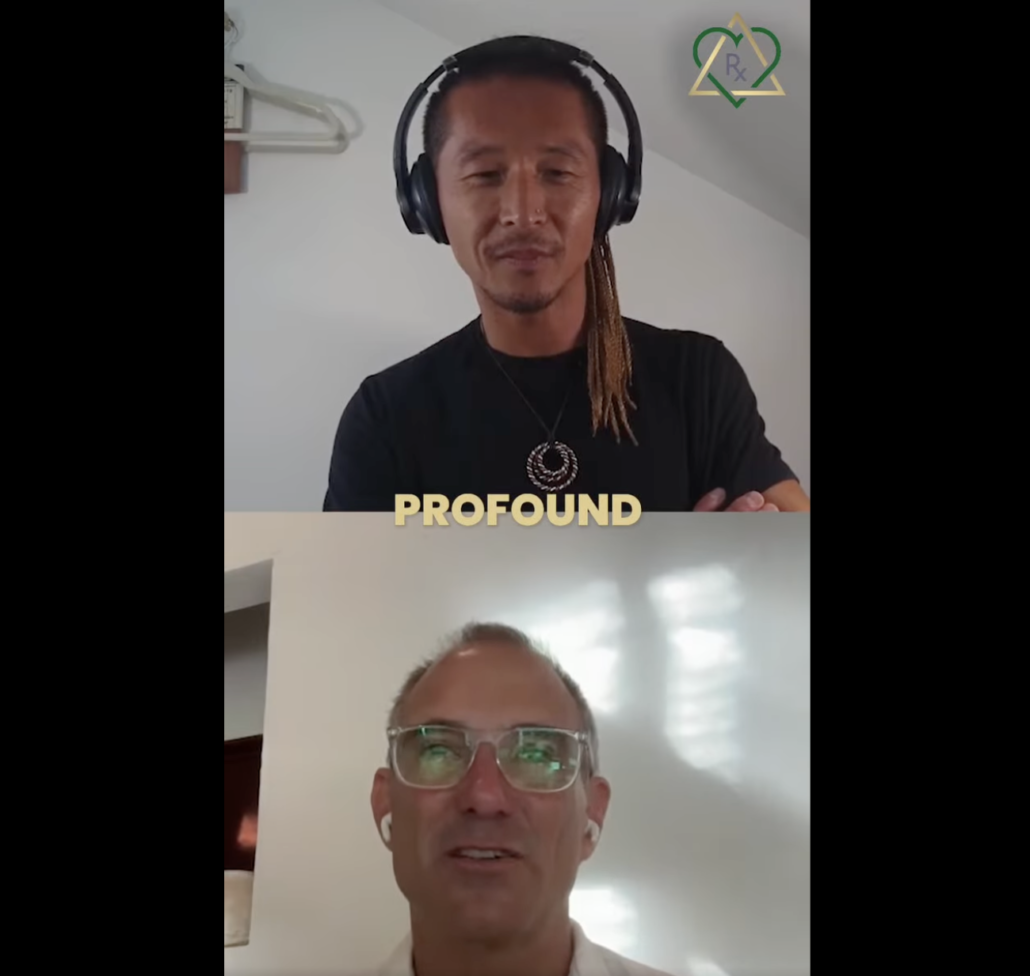
We’re honored to share an inspiring conversation between Beond’s co-founder and CEO, Tom Feegel, and Dr. Samuel B. Lee, MD, on The Spiritual Psychiatrist Podcast. This discussion explores the transformational power of ibogaine and how it bridges the gap between science, spirit, and radical healing. “Healing isn’t a last resort—it’s a choice we make every […]
Reflections from the Aspen Psychedelic Symposium
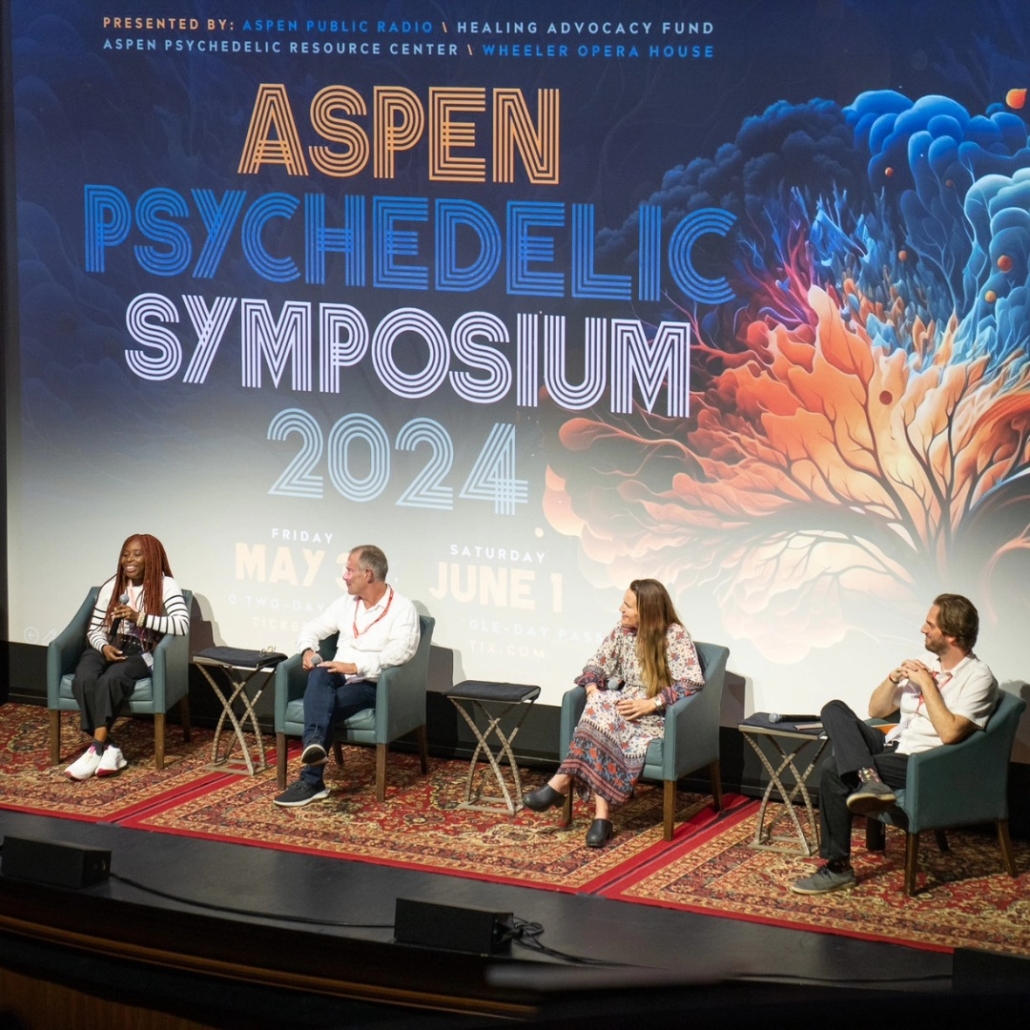
Unlocking Transformation: The Power of Ibogaine Explained
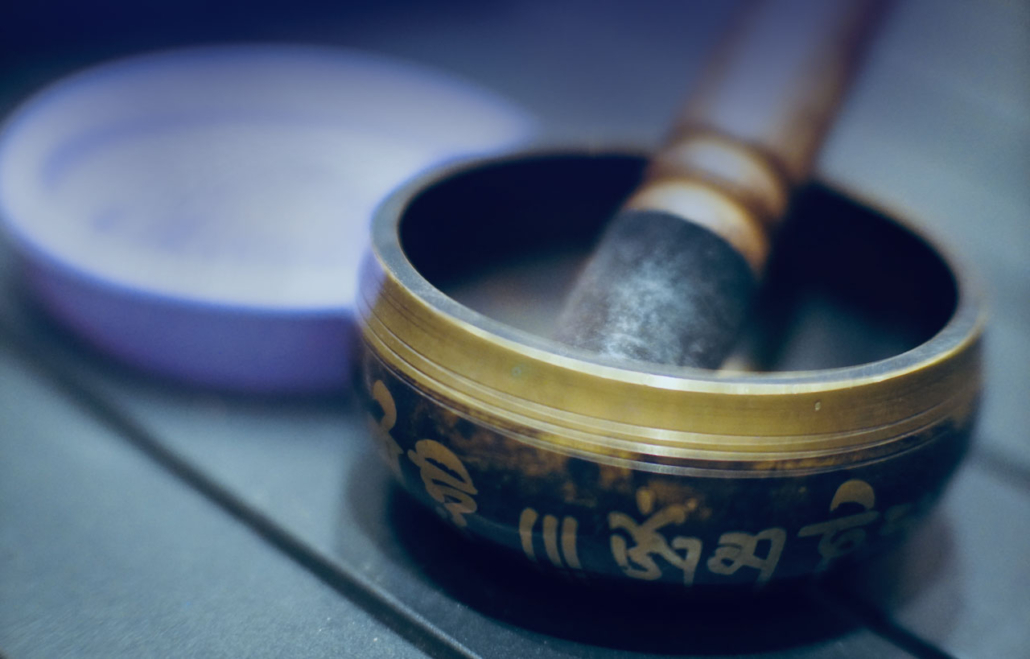
The Washington Post — Psychedelic drug ibogaine hailed as healing. U.S. patients ask why it’s illegal

Dan Karaty’s “If I’m Being Honest” Podcast with Tom Feegel
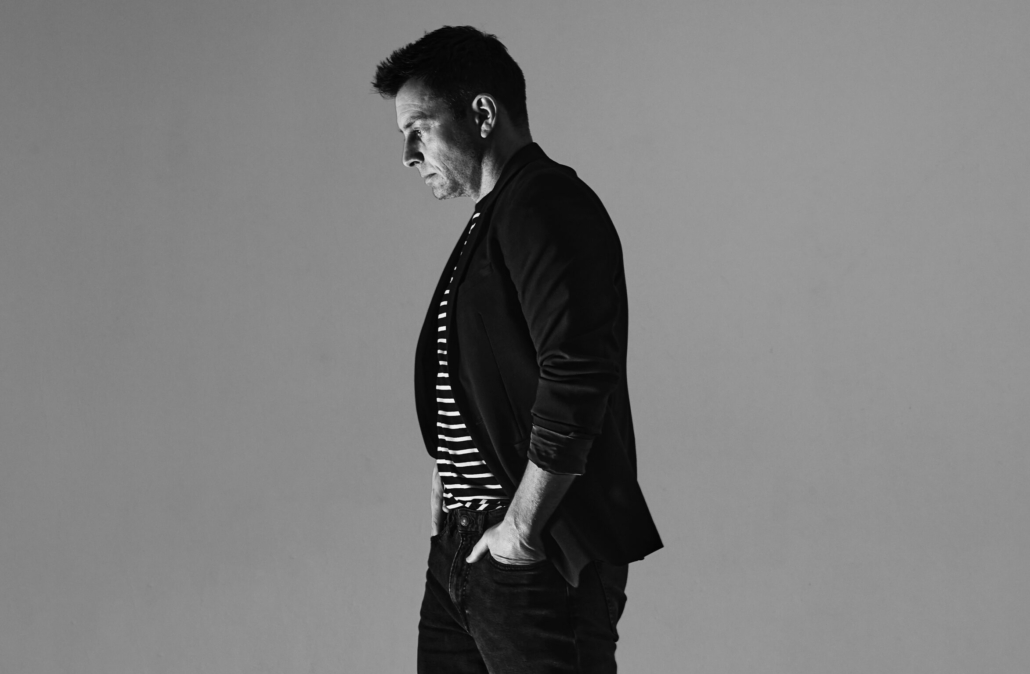
Sober Podcast with Tom Feegel: Beond – The Ibogaine Experience
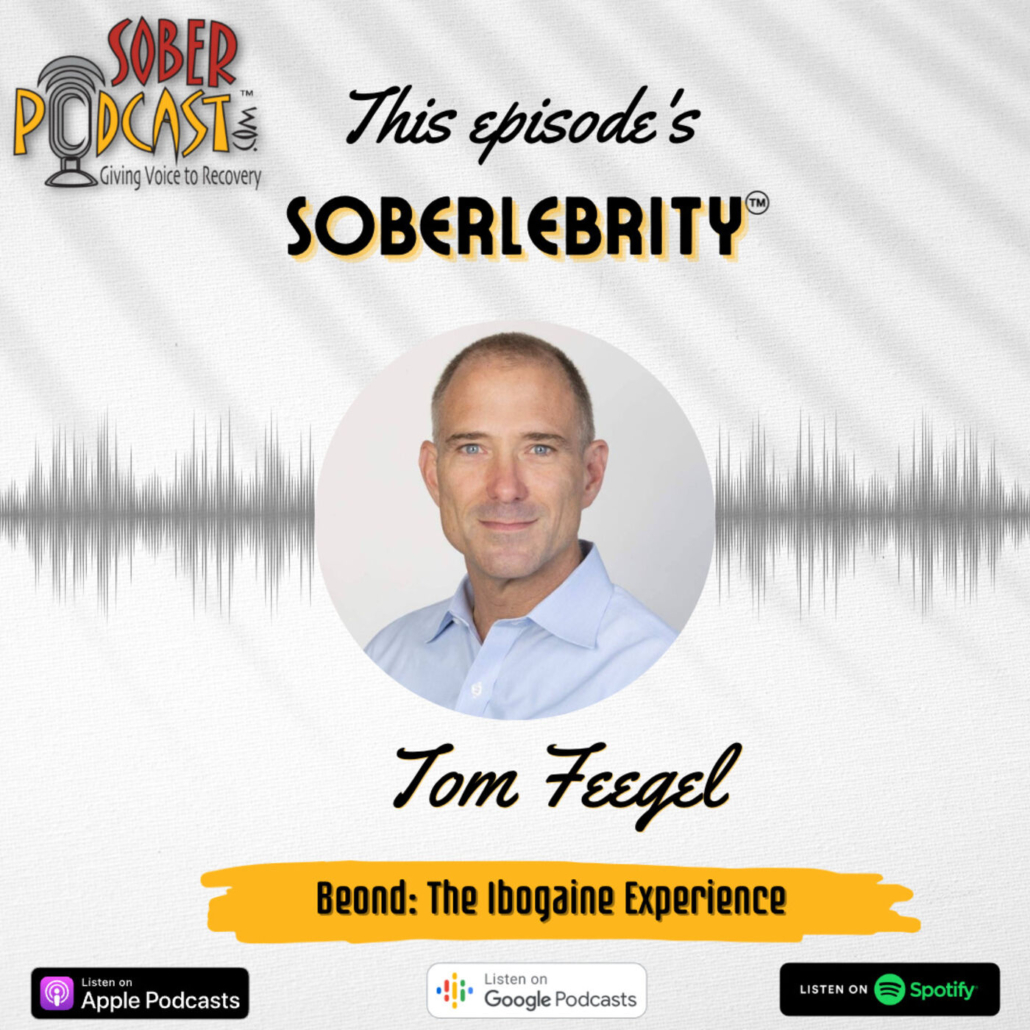
The Cure to The Opioid Epidemic in America
